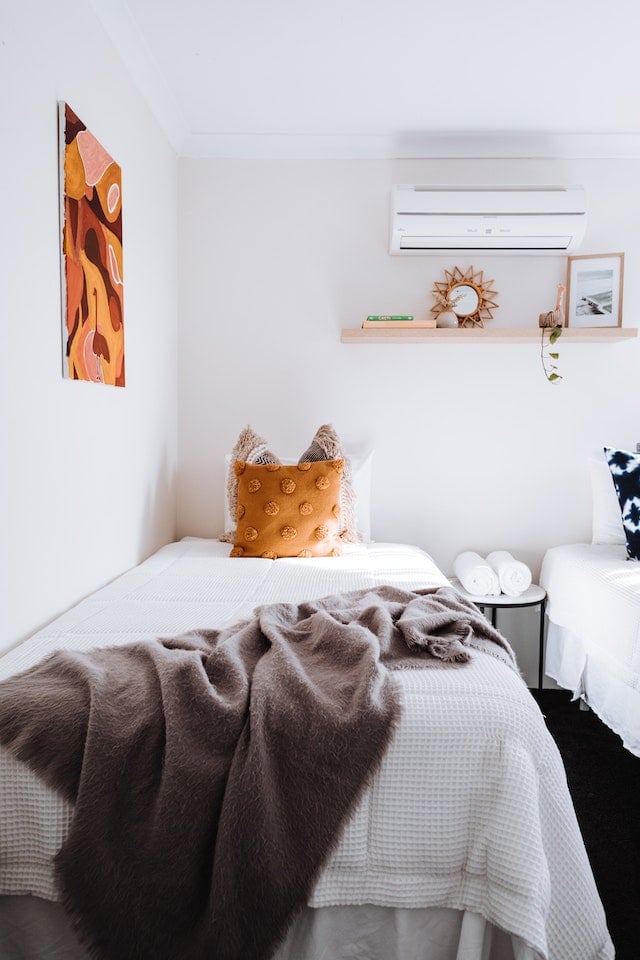We hear a lot about indoor air quality these days, and we understand that clean air is good. What is often left out of the discussion is what can go wrong when air quality is poor. Not surprisingly, our kids can suffer the most, and it can go far beyond sniffles and coughing. It is important to know what kinds of issues can result from poor air quality, especially when children are exposed to it. That understanding makes us more effective as homeowners and as parents.
Long-Term Health Issues
Perhaps the most obvious impact of poor air quality on children’s health is its impact on allergies and respiratory health. Exposure to pollutants of any kind can slow the development of young lungs, decreasing their respiratory capacity and making it more difficult for them to sustain prolonged physical activity like sports or physical labor. They may develop a cough or breathing issues that could persist.
When chronic conditions such as asthma develop as a result of poor air quality, the impact is lifelong. Asthma, COPD, and allergies lead to a permanent reliance on inhalers, steroids, antihistamines, and many other medications just to avoid attacks that can range in severity from annoying to life-threatening.
Impeded Cognitive Development
In their formative years, children need their minds to be in top form. They must be able to focus and concentrate in order to learn effectively. Poor air quality impedes these developmental functions as well as overall cognitive ability, leading to poor learning outcomes. When these impacts are seen in early childhood, the child’s basis for all learning suffers.
It is essential to minimize children’s exposure to volatile organic compounds and other indoor pollutants. Good ventilation in the home and proper upkeep of the entire HVAC system by a qualified technician is essential to keeping these hazardous substances out of the air in your home.
Overall Health and Immunity
The human immune system is a complicated arrangement. In childhood, it requires healthy living conditions in order to develop properly. Those early years are critical to building lifelong immunity, not just in response to vaccinations but also through exposure to countless pathogens. Only a healthy body can support the proper development of its immune system. Additionally, chronic illnesses make it more difficult for a child’s body to manage acute illnesses, such as flu, strep throat, and COVID. The healthier a child is in the absence of a short-term sick spell, the better that child will do when that inevitable schoolhouse bug arrives
There is also the issue of short-term health and academic development. A child cannot learn without instruction, and children who miss school due to illness are also missing critical instructional time. Make-up assignments cannot take the place of daily classroom instruction. Clean indoor air will keep children free of those head colds and sore throats that hurt their attendance.
Whether at home or at school, children need good air quality. The better the air that they breathe, the healthier they will be, and the faster their cognition will progress.

